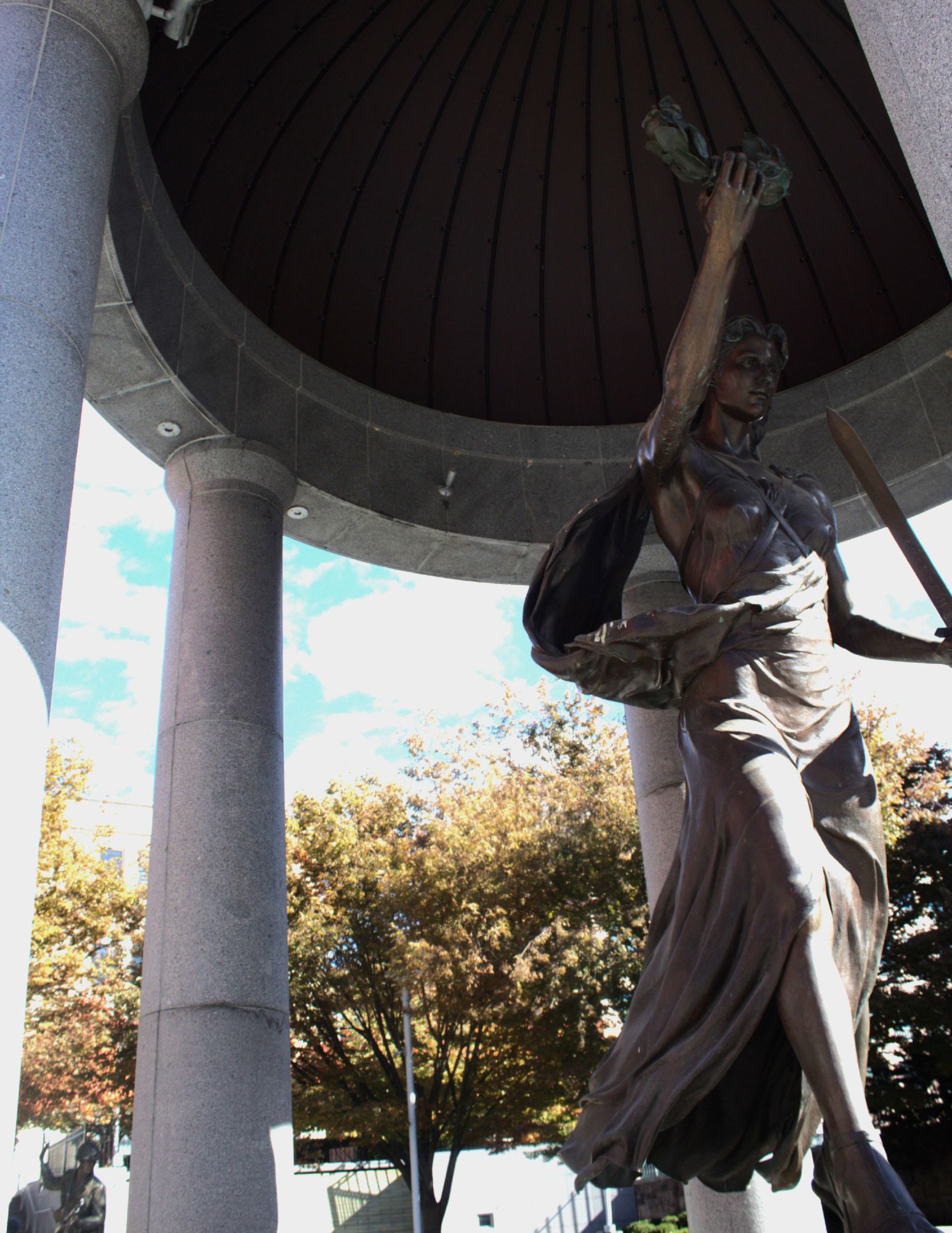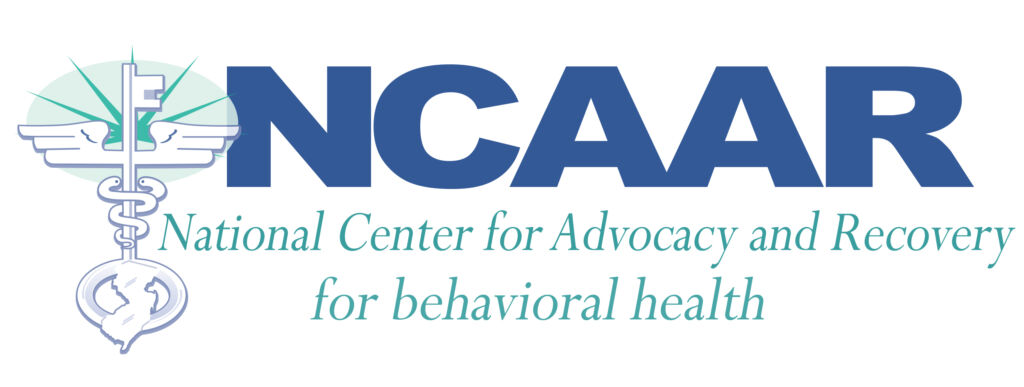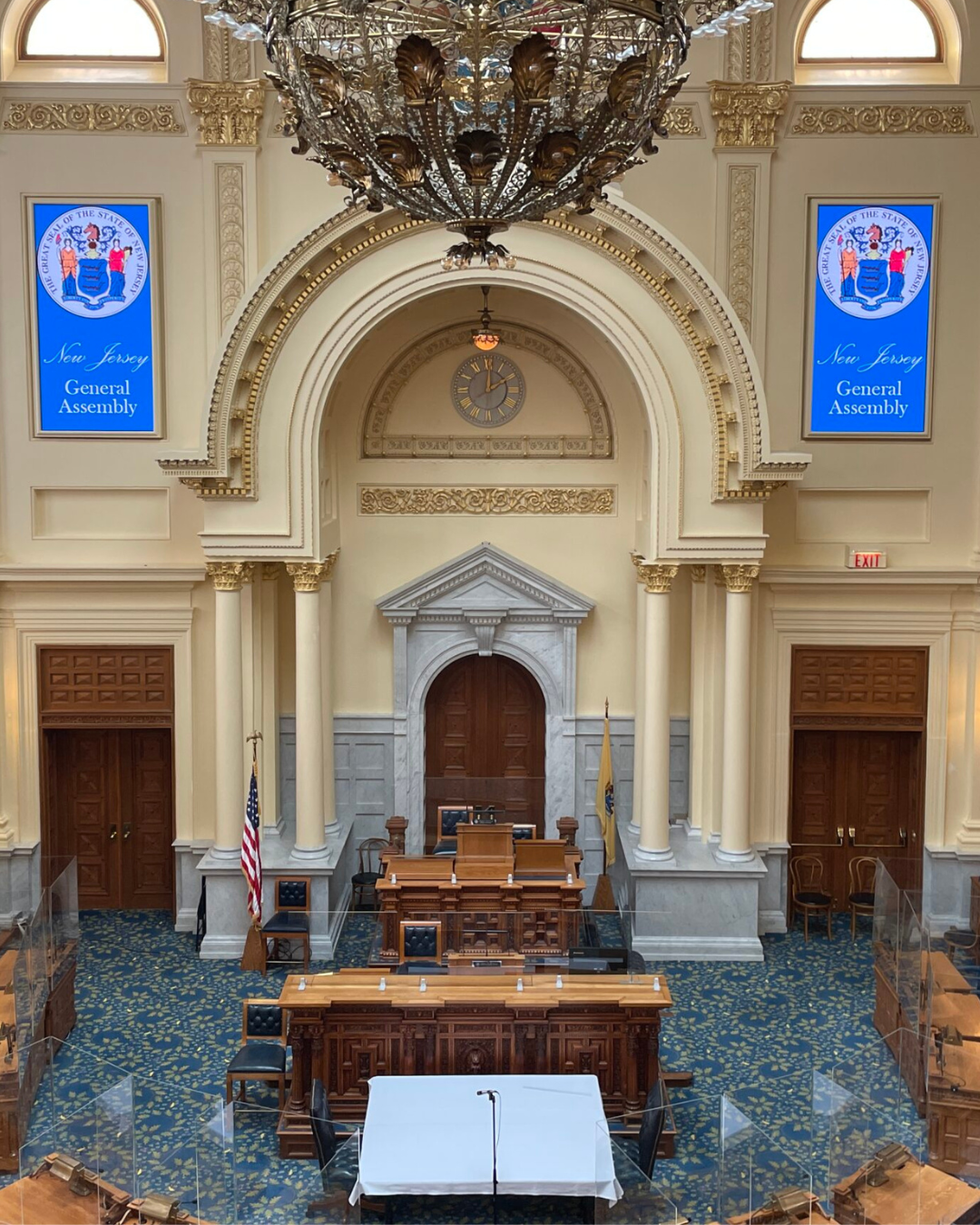PUBLIC AFFAIRS
The guiding principle of NCAAR’s Public Affairs Unit is to promote an integrated public health approach to Substance Use Disorder (SUD), mental health, and domestic violence.
For over 40 years, the NCAAR Public Affairs Unit has been committed to the developing and advocating for legislation that supports long-term recovery from SUD and mental health concerns. We work in partnership with elected officials at both the state and national levels to promote policies that improve and expand access to quality prevention, treatment, and recovery initiatives.
These efforts stand in stark contrast to the punitive legacy of the 50-year War on Drugs which fueled mass incarceration, deepened racial and socioeconomic inequities, and prioritized punishment over healing. NCAAR’s policy agenda emphasizes holistic health, community and family-based wellness initiatives, and the creation of recovery-oriented systems that improve outcomes and reduce costs.
The Public Affairs Unit works in partnership with our Advocacy Leadership Program and other organizations to advance NCAAR’s mission of advocating with, and on behalf of, individuals, families, and communities impacted by addiction.


CENTRAL TENANTS
At the heart of NCAAR’s mission is a fundamental belief: every individual deserves dignity, compassionate care, and the opportunity to achieve wellness. Our advocacy is rooted in empathy and driven by a commitment to treating substance use as a public health issue; eliminating stigma, and its collateral consequences; and building a Recovery-Oriented System of Care that supports long-term recovery and community well-being.
LEGISLATIVE PRIORITIES
NCAAR’s Public Affairs Unit advocates for individuals, communities, and families affected by substance use, mental health, and domestic violence by monitoring legislative developments in New Jersey related to these areas. One of our strategies involves tracking bills relevant to this spectrum and mobilizing our statewide advocate constituency to encourage them to submit testimony in person or electronically.
You can follow along by clicking the legislative session below to explore the bills we are currently monitoring.
CANDIDATE SURVEY
Each election year, NCAAR develops a survey for candidates running for the New Jersey legislature, providing them with an opportunity to share their positions on critical issues related to substance use and mental health (using input from many of you). As we receive responses, they are made available on our website.
You can see what the candidates had to say by clicking the legislative session below.
SUBSCRIBE TO OUR NEWSLETTER
FOR the Latest News and UPDATES


